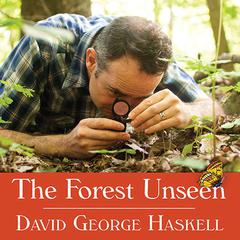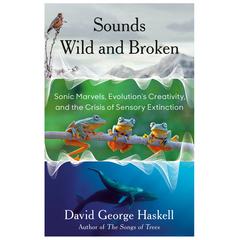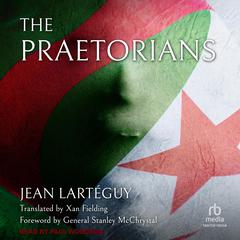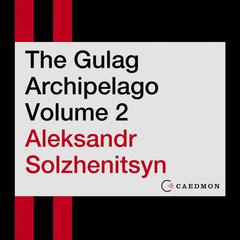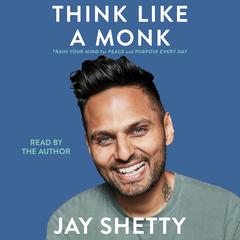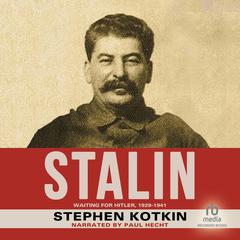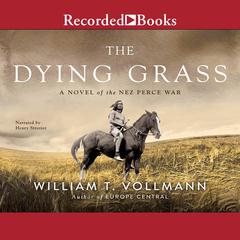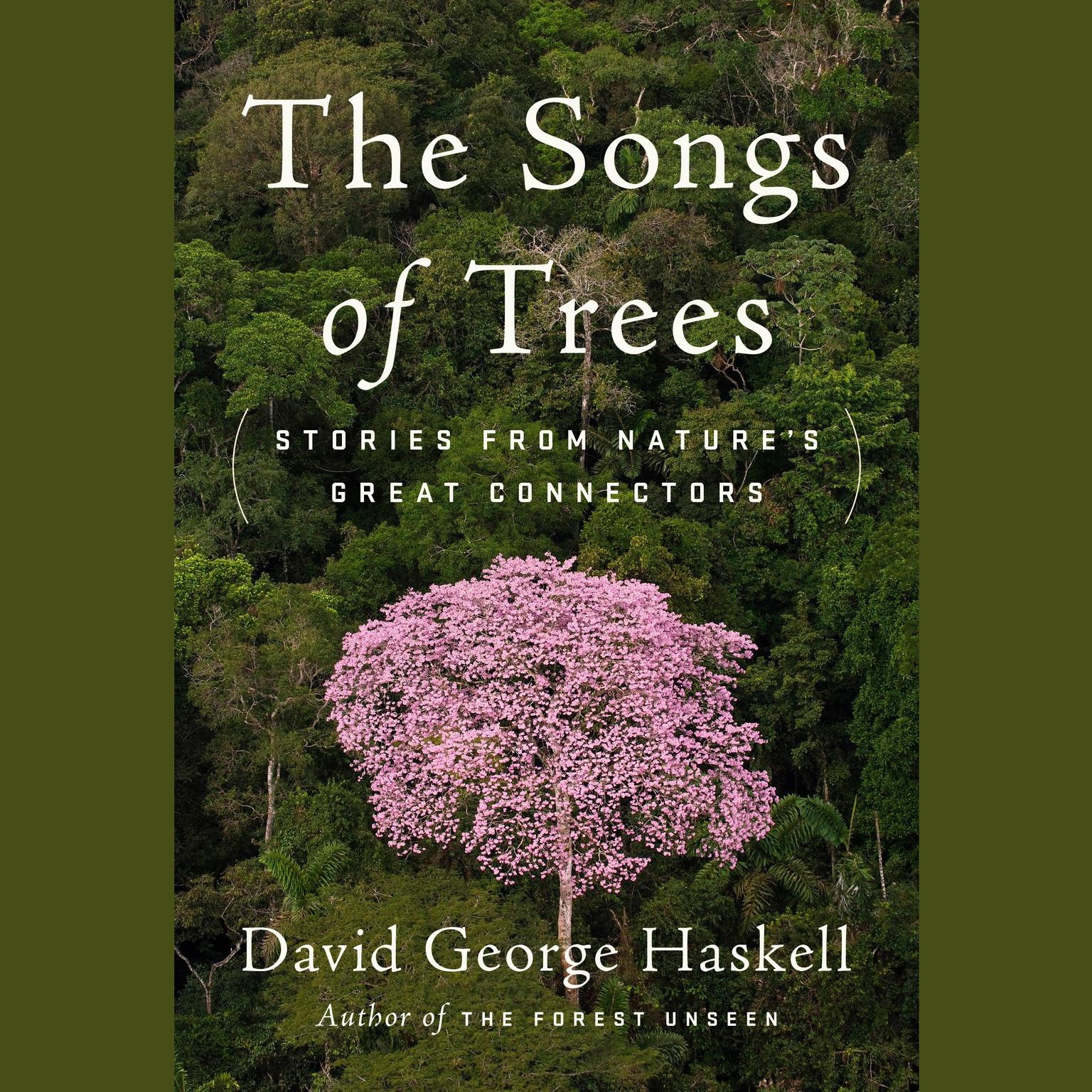 Play Audiobook Sample
Play Audiobook Sample
The Songs of Trees: Stories from Nature's Great Connectors Audiobook
 Play Audiobook Sample
Play Audiobook Sample
Quick Stats About this Audiobook
Total Audiobook Chapters:
Longest Chapter Length:
Shortest Chapter Length:
Average Chapter Length:
Audiobooks by this Author:
Publisher Description
The author of the Pulitzer Prize finalist The Forest Unseen visits with nature’s most magnificent networkers — trees "At once lyrical and informative, filled with beauty." – Elizabeth Kolbert, author of The Sixth Extinction David Haskell’s award-winning The Forest Unseen won acclaim for eloquent writing and deep engagement with the natural world. Now, Haskell brings his powers of observation to the biological networks that surround all species, including humans. Haskell repeatedly visits a dozen trees around the world, exploring the trees’ connections with webs of fungi, bacterial communities, cooperative and destructive animals, and other plants. An Amazonian ceibo tree reveals the rich ecological turmoil of the tropical forest, along with threats from expanding oil fields. Thousands of miles away, the roots of a balsam fir in Canada survive in poor soil only with the help of fungal partners. These links are nearly two billion years old: the fir’s roots cling to rocks containing fossils of the first networked cells. By unearthing charcoal left by Ice Age humans and petrified redwoods in the Rocky Mountains, Haskell shows how the Earth’s climate has emerged from exchanges among trees, soil communities, and the atmosphere. Now humans have transformed these networks, powering our societies with wood, tending some forests, but destroying others. Haskell also attends to trees in places where humans seem to have subdued “nature” – a pear tree on a Manhattan sidewalk, an olive tree in Jerusalem, a Japanese bonsai– demonstrating that wildness permeates every location. Every living being is not only sustained by biological connections, but is made from these relationships. Haskell shows that this networked view of life enriches our understanding of biology, human nature, and ethics. When we listen to trees, nature’s great connectors, we learn how to inhabit the relationships that give life its source, substance, and beauty. Read by Cassandra Campbell, with the preface and two interludes read by the Author
Download and start listening now!
“Cassandra Campbell’s narration is soothing and perhaps musical, a good match to Haskell’s descriptive writing on the beauty of trees…Campbell’s voice stays soft but adds an edge when the subjects aren’t so poetic, as when Haskell describes the bite of a bullet ant.”
— AudioFile
Quotes
-
“At once lyrical and informative, filled with beauty.”
— Elizabeth Kolbert, New York Times bestselling author -
“We can find salvation in this view of life as a community.”
— Atlantic -
“Haskell’s exquisitely wrought ecological study documents the fate of twe;ve trees, around the globe and over time…a ravishing journey into biotic community.”
— Nature -
“Can help us understand ourselves and our place in the world.”
— Minneapolis Star Tribune -
“Blending history and science with the grace of a poet, this is nature writing at its finest.”
— Booklist (starred review)
The Songs of Trees Listener Reviews
Be the first to write a review about this audiobook!
About David George Haskell
David Haskell is an author whose work integrates scientific, literary, and contemplative studies of the natural world. His 2017 book The Songs of Trees won the John Burroughs Medal for Outstanding Nature Writing. His 2012 book The Forest Unseen was a finalist for the Pulitzer Prize and the PEN/E.O. Wilson Literary Science Writing Award and won the 2013 Best Book Award from the National Academies, the National Outdoor Book Award, and the Reed Environmental Writing Award. He is a professor of biology and environmental studies at the University of the South and a Guggenheim Fellow.
About Cassandra Campbell
Cassandra Campbell has won multiple Audie Awards, Earphones Awards, and the prestigious Odyssey Award for narration. She was been named a “Best Voice” by AudioFile magazine and in 2018 was inducted in Audible’s inaugural Narrator Hall of Fame.




